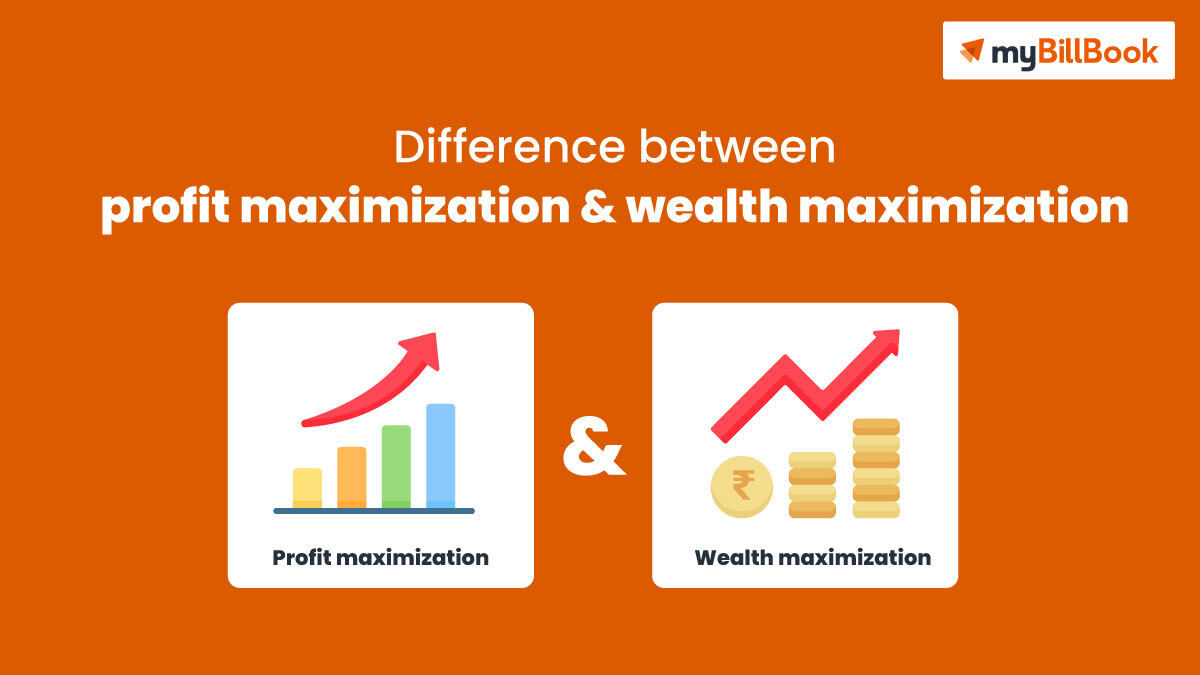Managing capitals is important for every business. Therefore one must know about working capital and its management. Working capital is the fund available at a given time to run the business. Let us explore working capital, management, and the right way to calculate the same on this page.
Working capital management meaning
Working capital management means carrying out certain business activities to confirm that the business has enough resources to meet the expense of day-to-day operations by keeping the resources invested in the best productive way.
What is working capital management?
Working capital management is a business strategy performed to calculate money flow and thus plan for an efficient company or business functioning. This is done by using and observing the business’s current assets and liabilities in the best possible way.
We can say that management of working capital is using a business tool to calculate the current assets of the business. This will enable businesses to effectively maintain appropriate cash flow. Further, it allows business to meet short-term goals and other requirements. If a company manages the working capital efficiently, it can use the trapped cash that will not be known otherwise. This will reduce the need for external borrowing, expand the business and invest in R&D.
Importance of management of working capital
Working capital has many benefits for the business and some of them include,
- Liquidity management
- Helps in decision making
- Helps in any situation of the cash crisis
- Prevents investment plans
- Helps in earning short-term profits
- Strengthens the work culture
- Improves creditworthiness of the business
- Creates a good reputation and a good working capital can also act as a guarantor to other enterprises
Components of working capital management
The most major components of working capital management are the current assets and current liabilities. The difference between the current asset and the current liabilities make up the working capital of a business. The current assets will include trade receivables, inventory, and cash and bank balances.
Whereas, the current liabilities will include trade payables. All these should be managed efficiently for the smooth running of a business. Now let’s understand the components of working capital management in detail.
Trade Receivables
This is the amount that arises when a business makes a sale or when it provides service on credit. Trade receivable is also known by the name accounts receivables. This amount is shown in the balance sheet as current assets.
Accounts receivables also consist of the amount due to the bills of exchange receivable. Every business must always ensure that its trade receivable cycle is in line with the industry. If the trade receivable period is extended, it will result in a delayed collection of cash which will impact the cash conversion cycle of the business.
Accounts receivable is very important when it comes to evaluating a business. By checking the receivables turnover ratio, we can understand how well the working capital is being managed.
Inventory in working capital management
Inventory also comes under the current assets and it forms a vital component of the working capital management. It is important to efficiently manage the inventory of the business because it is responsible for the proper control over all the inventory right from the raw materials purchased and to the finished goods.
To properly manage the inventory, you must start controlling the inventory, including timely purchase, accurate storage, and efficient use. This can maintain an even and orderly flow of finished goods to meet the commitments on time.
Also, if the inventory is managed resourcefully, you can avoid excess working capital in holding the inventory that can cause a delay in the cash conversion cycle and can also increase the risk of obsolescence. An increase in the working capital will affect the business and its profitability.
Cash and Bank Balances
Cash is always considered as the king and it is an important component of current assets. Cash does not mean only liquid cash, but it can also include liquid securities which can be easily converted into cash. To keep the working capital cycle stable, it is essential to properly manage the cash of the business. It can also help the business in managing its operating cycle. By seeing the amount of free cash flow generated by the business, we can determine the efficiency of the business.
If a business utilizes the cash appropriately, it can ensure the business saves trade discounts and can thereby improve the cash conversion cycle. This will also help in analyzing the working capital of any type of business of any nature.
Accounts Payable or Trade Payables
Account payables come under the current liabilities which also play an essential component of the working capital management. Also, it includes the amount due to the bills of exchange payables. Certain amounts are what the business has to pay for credit purchases made by the business.
A properly managed accounts payables will always ensure timely payment and create good business relations with creditors and vendors which is very important for the successful running of a business. Every business will have its included and they should always make sure that their trade payable cycle should be in line with the industry.
Moreover, when a business has a short trade payable cycle, then more cash in hand should be maintained which will also result in longer trade cash conversion cycles and more cost on interest. When a business has a high trade payable turnover ratio, it proves that the creditors are being paid on time to enhance the business’s creditworthiness.
How to calculate working capital?
You can easily calculate the working capital of a business by subtracting the current liabilities from current assets. So the formula for calculating the working capital is as follows:
Working Capital = Current Assets – Current Liabilities
FAQs related to working capital management
- Why is the current ratio considered significant?
You can find the current ratio by dividing the company’s current assets by current liabilities and it is also well-known as the working capital ratio. The current ratio shows the company’s financial stability as it determines the ability to meet short-term monetary obligations. The considerable current ratio of a business is 1.2 to 2.0. But when the current ratio is higher than 2.0, then it shows that the company is not managing its working capital proficiently. If the current ratio is less than 1.0, it specifies that the company’s liquid assets will not cover the company’s debts, which are due in the upcoming years.
- Is the Collection Ratio Important? If yes, Why?
Yes, the collection ratio is important and it can identify how well a company manages its accounts receivables. The collection ratio is calculated by multiplying the number of days in an accounting period with the average amount of outstanding accounts receivables. Then the amount you get is divided by the total amount of net credit sales during the same accounting period. The collection ratio depicts the effectiveness of the company in collecting payment after the sales transaction is made on credit. If the company’s collection ratio is less, it shows that it has efficient cash flow.







